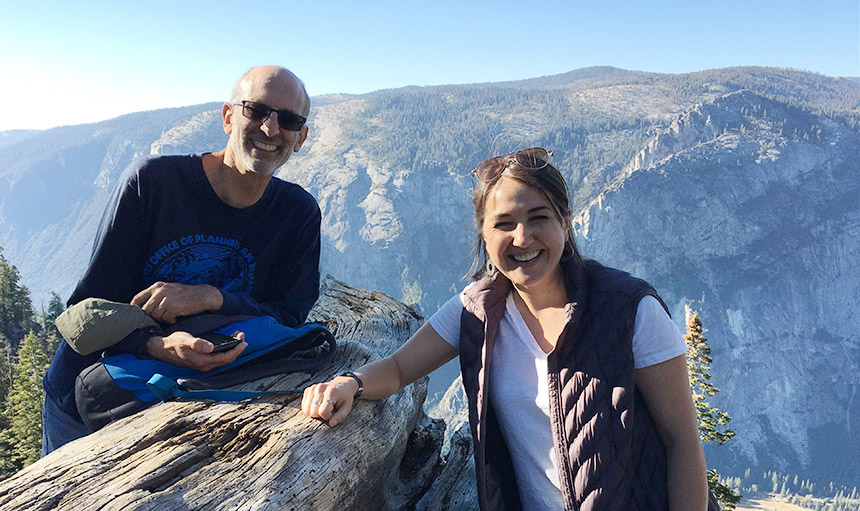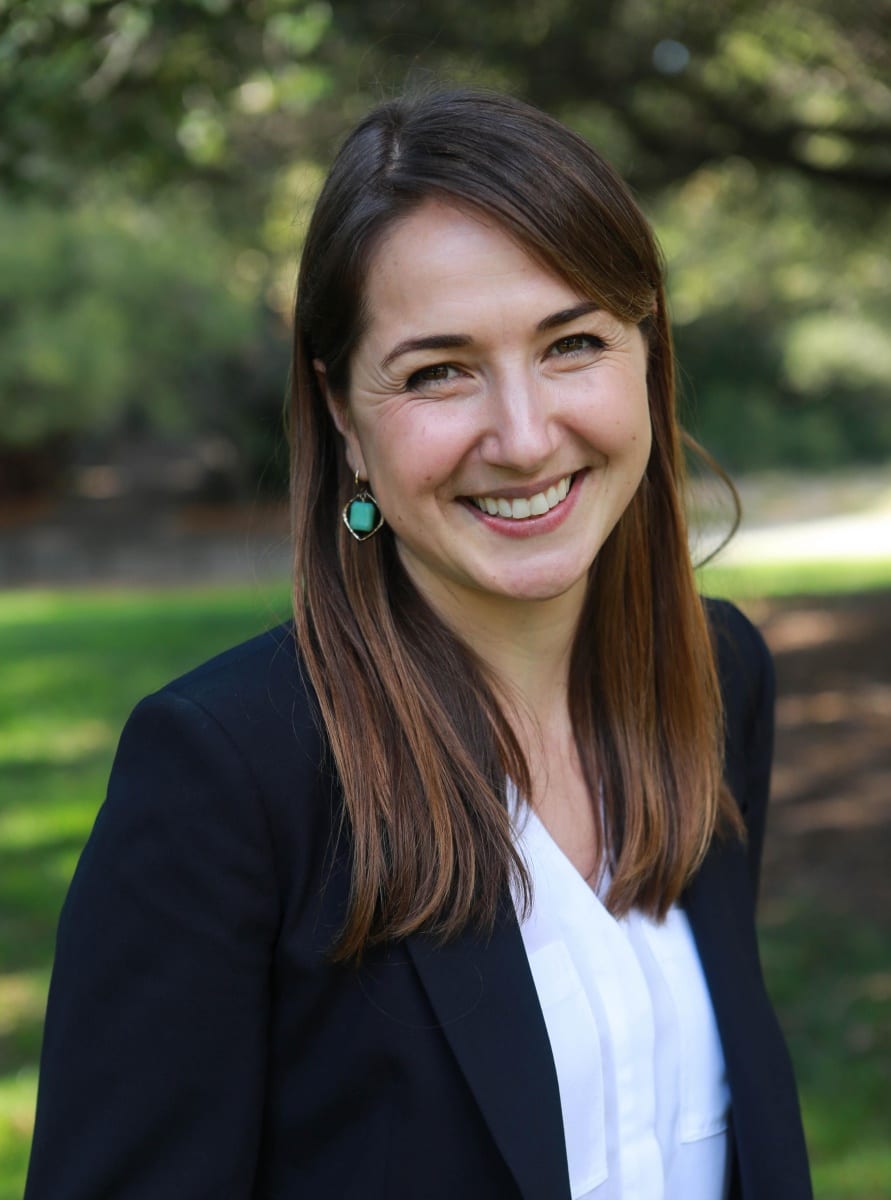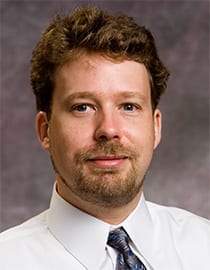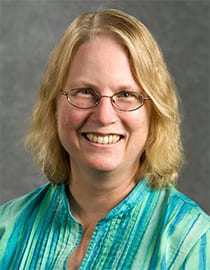
By Andrew Cohen
Few legal areas are as dizzying, challenging, and maddening as environmental law. To hear her colleagues tell it, few leaders have navigated that tricky terrain as deftly as Berkeley Law’s Jordan Diamond ’08.

Executive director of the school’s Center for Law, Energy & the Environment (CLEE) for nearly seven years, Diamond will soon become president of the Environmental Law Institute.
She worked at the Washington, D.C.-based nonprofit, which produces expert research and commentary on environmental governance, before coming to Berkeley.
“CLEE is a crucial reason why Berkeley Law is the top-rated law school environmental program in the country and Jordan has been instrumental to the center’s success,” says Berkeley Law Dean Erwin Chemerinsky. “Under her leadership CLEE has thrived in every way, including creating enormously important efforts to deal with the most urgent issues facing the planet.”
When Diamond joined the center in November 2014, there were only three other full-time staff members and a part-time administrator who left a few months later. The center has since quadrupled in size — and its impact has grown exponentially.
CLEE channels the expertise of Berkeley Law faculty, staff, and students into pragmatic, creative policy solutions to critical environmental and energy challenges. It has become increasingly influential with state policymakers, emerging as a go-to hub for vital research and analysis on pressing state challenges.
The center’s focal areas include climate and energy (working with policymakers, businesses, and nonprofits to reduce greenhouse gas emissions); water (developing interdisciplinary solutions to ensure clean water for California); oceans (integrating ocean and coastal law with policy and science); and land use (guiding planning from urban transport systems to wind and solar development).
“Jordan is leaving CLEE with additional strength in several dimensions,” says Professor Daniel Farber, the center’s faculty director. “Some of these involve the undramatic personnel, financial, and administrative issues that make the difference between a robust organization and a troubled one. But her most striking legacy involves powerhouse additions to the center.”
An all-star lineup
Diamond has brought in several top California environmental law leaders to work at CLEE. The list includes former Gov. Jerry Brown, who co-leads the California-China Climate Institute; Ken Alex, former head of California’s Office of Planning and Research, who directs the center’s Project Climate initiative; and Louise Bedsworth, former executive director of California’s Strategic Growth Council, who heads the Land Use Program.
“I came to CLEE because Jordan recruited me,” says Alex, who arrived in July 2019. “I was working with UC Santa Cruz to start Project Climate there but Jordan was, as always, charming and persuasive, and convinced me to come to UC Berkeley and the law school here instead.”

In addition to establishing Project Climate and the California-China Climate Institute, Diamond and Alex helped launch GrizzlyCorps, an AmeriCorps program that now sends 35 recent graduates each year to California farm and forest communities to work on regenerative agriculture and forest resilience.
Diamond also helped create ClimateBreak, a radio/podcast program primarily run by students focusing on climate solutions, and the Climate and Wildfire Institute, an independent nonprofit with which CLEE will be associated.
“It’s no coincidence that these and other initiatives have been formed and grown during Jordan’s tenure,” says Alex, noting her “eye towards action and impact, inclusion and education.”
Professor Eric Biber, director of Berkeley Law’s environmental and energy law programs, has seen Diamond “greatly expand both the depth and breadth of CLEE’s programs.” He cites her work with faculty and center researchers in developing “one of the best and most influential water policy programs in California,” and how she extended research into “groundbreaking work on land use and its role in climate, equity, and housing costs.”
Diamond says, “It’s hard to imagine a more dedicated, talented, and supportive group than the folks at CLEE. The team is strong, the portfolio is growing, and I’m remarkably lucky to have worked side by side with people over the last seven years to figure out workable solutions to the problems that keep us up at night.”
Forging meaningful connections

Since 2016, Diamond (with Professor Holly Doremus ’91) has also co-directed the Law of the Sea Institute at Berkeley Law, which facilitates expert research and commentary on vital ocean issues. In June 2018, Brown appointed Diamond to the California Ocean Protection Council.
In her previous stint at the Environmental Law Institute, she co-directed its ocean program. Striving to strengthen ocean and coastal governance, Diamond worked on improving and integrating Gulf of Mexico coastal conservation and restoration, supporting the role of Alaska Natives and other indigenous peoples in Arctic marine governance, and analyzing offshore energy management and enforcement systems.
Her legacy at CLEE also includes expanding financial support for center scholars and the school’s student environmental organizations, coordinating a dedicated fund to bolster student activities, and forming a working group of faculty, staff, and alumni to identify ways to help address systemic racism across environmental and energy programs.
“Under Jordan’s leadership the CLEE Advisory Board has been re-energized with practitioners from different backgrounds with a range of perspectives,” says member Daniel Yost, a partner at Orrick’s Silicon Valley office who co-chairs the firm’s IP licensing and technology transactions practice. “CLEE’s growth under her watch has been terrific to witness along with its focus on practical solutions to real-world problems.”
Beyond growing the center’s core research programs and enlisting top leaders to guide timely initiatives, peers note that Diamond built key support networks for Berkeley Law students and worked closely with faculty to bolster the school’s environmental and energy law curriculum.
“Jordan spent countless hours strengthening our connections with our advisory board, alumni, and students in ways that will benefit CLEE for many years,” Farber says. “Given the foundation she has built, we’re ready to take on an even more visible role in environmental policy in California and nationwide.”